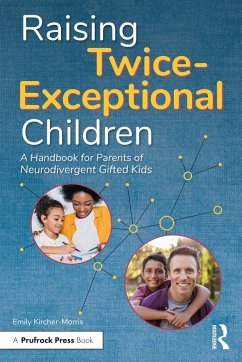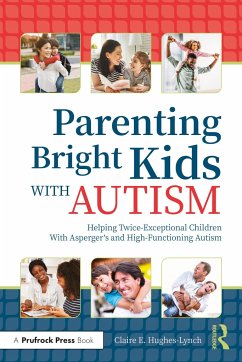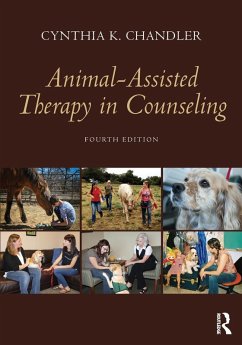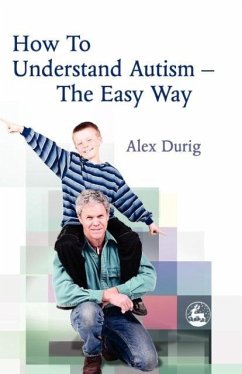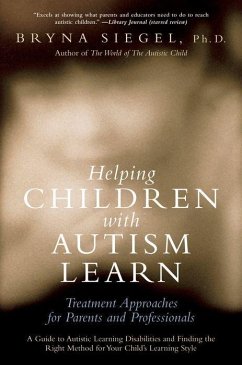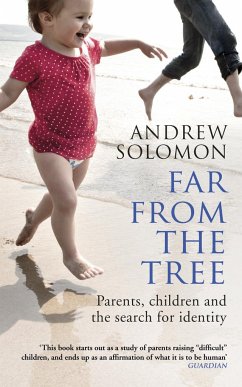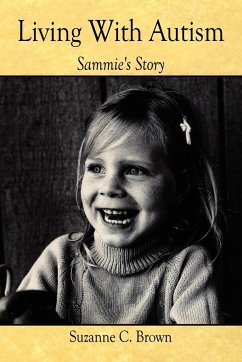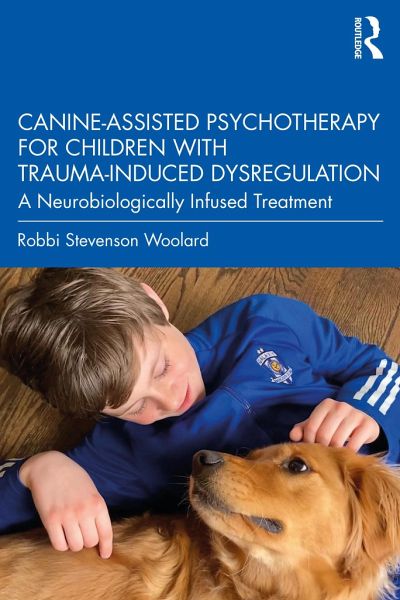
Canine-Assisted Psychotherapy for Children with Trauma-Induced Dysregulation
A Neurobiologically Infused Treatment
Versandkostenfrei!
Versandfertig in 6-10 Tagen
46,99 €
inkl. MwSt.
Weitere Ausgaben:

PAYBACK Punkte
23 °P sammeln!
This book provides mental health researchers and clinicians with valuable insight into the pathway that leads from developmental trauma to dysregulation and psychopathology.
Incorporating science that explains the impact of early trauma, this book details the theory, mechanisms, and applications of neurobiologically informed canine-assisted psychotherapy, using illuminating case studies that demonstrate the efficacy of the author's model.
Incorporating science that explains the impact of early trauma, this book details the theory, mechanisms, and applications of neurobiologically informed canine-assisted psychotherapy, using illuminating case studies that demonstrate the efficacy of the author's model.





